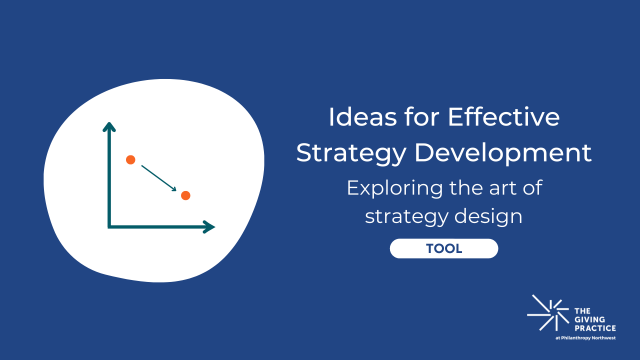Los Angeles, California -
“Who knows what capitalism is?”
When a staff member asked the audience at a tenant clinic this question, I looked around. No one raised a hand.
“Raise your hand if this is the first time you’ve heard the word capitalism.”
Everyone raised their hand.
This tenant clinic was held in a warehouse in South Central Los Angeles, and I was sitting with eleven people in a circle of comfortable couches. Most participants wore headphones to translate the clinic into Spanish. The mood was nervous but hopeful — every tenant there had a problem and needed help. One woman carried her possessions in a rolling suitcase, afraid her landlord would rob her for the second time.
And then there was me. I was there to listen and learn.
Helping community members understand capitalism, gentrification and inflation is just the beginning of these weekly Strategic Actions for a Just Economy (SAJE) clinics. After setting the stage by explaining how capitalism and other economic systems work against many families, SAJE provided free assistance to tenants in disputes with landlords.
Slowly, audience members began sharing their battles. One mother told of how she spent twenty years in her rent-controlled apartment as mold took over the carpet. Her son eventually became sick because of that mold. She paid out of her own pocket to change the carpeting, not knowing that legally the landlord must change carpets every seven years. Her eyes gleamed as she wrote down the laws she was hearing about for the first time. She was better armed for her next challenge.
As a learning and evaluation officer at Marguerite Casey Foundation, I’ve read dozens of reports that describe the kind of work SAJE is doing. But, these reports don’t compare to hearing families’ stories. I spent two days in Los Angeles, hearing those stories and meeting with grantees to strengthen my connection with staff and learn firsthand about their work.
Site visits aren’t about due diligence for the foundation. They are opportunities to deepen our institutional relationship with grantees while creating authentic spaces to learn about issues that communities are facing, as well as how families are responding.
During each visit I saw strong communities developing their own leadership and transforming Los Angeles into the city they want:
- I listened to often-overlooked day laborers as they talked about coming together at the Instituto de Educación Popular del Sur de California (IDEPSCA) Downtown Community Job Center to organize and find safe jobs.
- Members of LA Community Action Network (LACAN) told me how they built a beautiful rooftop community garden on Skid Row that serves as an entry point for homeless residents to access healthy food and learn gardening skills.
- The staff at Community Coalition (COCO) shared how their community developed a long-term vision of how their base can sway an election or ballot measure.
No report can truly illustrate the power of people gaining control and realizing they can take steps toward justice. As an evaluator, my goal is to learn, and I know how essential it is to listen and learn from the powerful work of families and grantees.
Zeeba Khalili is a learning and evaluation officer at the Marguerite Casey Foundation and part of Philanthropy Northwest's current Momentum Fellows cohort.


